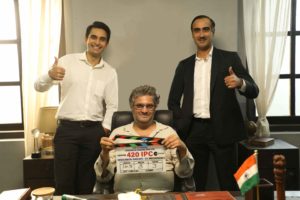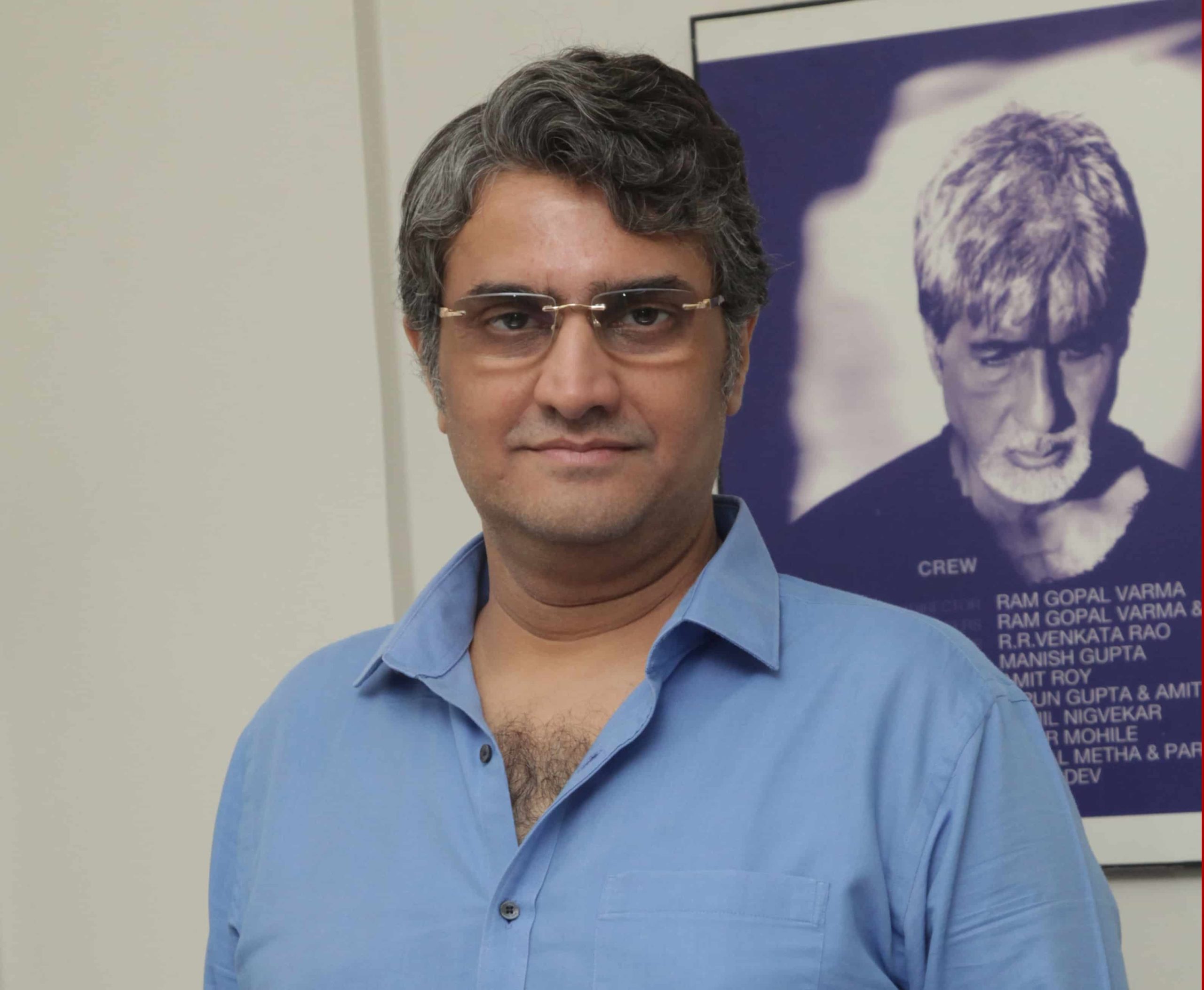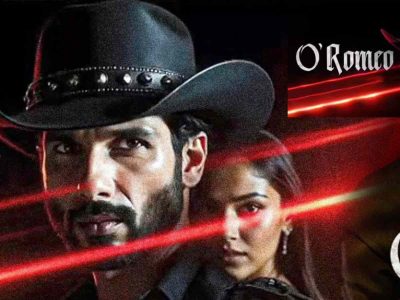From his role as a screenwriter in Sarkar (2005) to working on his latest work 420 IPC, writer-director Manish Gupta gives his opinion on courtroom dramas in India, the role of OTT platforms in attracting audiences and the many challenges for the industry amidst Covid
Manish Gupta began his career as a screenwriter on the Amitabh Bachchan-starrer Sarkar, directed by Ram Gopal Varma. Over the next one-and-a-half decades, he has succeeded in carving a niche for himself as a cinematic storyteller with a penchant for gritty realism. His credits include films such as Section 375 (2019), Rahasya (2015), Hostel (2011), The Stoneman Murders (2009), Darna Zaroori Hai (2006), and D (2005), among others. His latest film 420 IPC, a courtroom drama starring Vinay Pathak, Gul Panag, Arif Zakaria, Ranveer Shorey, and Rohan Vinod Mehra, recently released on ZEE5.
In this interview, he reflects upon his journey from Sarkar to 420 IPC, the legal research that went into making 420 IPC, the future of the web and the long-term impact of the Covid-19 pandemic on the entertainment industry, and his upcoming projects.
Excerpts
Tell us about 420 IPC. How did you conceive it?
I got the idea for 420 IPC during the three years of extensive research that I carried out for my previous courtroom drama Section 375 during which I came across court procedures involved in economic offence cases – a largely unexplored premise for a film. I discovered that people with upper economic status and a high pedigree of education are involved in economic crimes. So the court proceedings involve more brain work, thus lending to a more cerebral premise for a film.
You wrote Section 375 but you have both written and directed 420 IPC. Which of the two do you enjoy more? What is it like to direct a film based on your own screenplay?
I was the director of Section 375 too, till the pre-production stage. I had a fallout with the lead actor and the producers, hence I was credited only as the writer despite my heavy contribution to the film as the director. For me, writing and direction are so deeply interlinked that I cannot view the two processes as independent of each other. Directing a film comes effortlessly to me because while writing the script, I have already directed it on paper. That’s why I’ve been the solo screenplay and dialogue writer for all the films directed by me, namely The Stoneman Murders, Rahasya and now 420 IPC.
Over the years, we have seen a lot of Indian films making a mockery out of the judicial processes. But all that has been changing gradually with filmmakers striving for realism. How do you look at this gradual transformation?
Mainstream Indian filmmakers do not work hard enough on the research that’s required to create an authentic and believable courtroom drama. In recent years, a few filmmakers have begun getting their research right, but those are rare exceptions. Most commercial filmmakers do a superficial kind of research; they throw in some legal jargon in the dialogues and try to pass it off as realism. But this becomes obvious to viewers who are exposed to content from Hollywood and Europe which is very well-researched.

Section 375 began gaining popularity only after it was released on a leading OTT platform. Did it give you the confidence to opt for the direct-to-OTT route for 420 IPC?
A film released in theatres gets a huge amount of publicity. The same film released later on OTT continues to be watched due to the hype created during its theatrical release. That’s exactly what happened with Section 375. Actually, 420 IPC was produced for a theatrical release, but due to the pandemic and lockdown of theatres, the film’s producer Zee Studios decided to release the film directly on OTT. Though, I was always in favour of a theatrical release.
As a writer-director, how do you look at the web as an alternative medium for entertainment?
OTT will very soon overtake theatrical business and will become the largest source of revenue for producers. Theatre viewing will become a premium ‘event’ experience like a cricket match viewed at the stadium. Films that offer a visually spectacular experience will continue to do well in theatres, whereas internet viewing will become the norm for realistic, content-driven cinema.
How has the pandemic impacted you personally as well as professionally? How do you see the way forward for the entertainment industry given the continuing uncertainty?
I shot two feature films during the pandemic: 420 IPC and One Friday Night. The shooting of both these films was very stressful. A feeling of fear hung over the entire cast and crew. The actors were especially nervous since they obviously could not wear their masks during the take. But I took all due precautions and not a single cast or crew member tested positive throughout both my hectic shoots. On the personal front, I have no children and I hardly socialise. So, the lockdown did not impact me much personally. The future for exhibitors, theatre owners and distributors is uncertain, whereas for producers, directors, technicians and actors, the impact will not be as severe since OTT is an alternate source of exhibition and revenue.
How do you look back at your journey from Sarkar to 420 IPC? Also tell us about your upcoming projects.
I consider my journey to be a learning that in the film industry no one is your friend or enemy. People here will support you or not depending on whether it benefits them at that given time or circumstance. Another learning has been that a writer does not enjoy the respect that he/she deserves. I wrote Sarkar which was a superhit. After that, two sequels came with the same superstar actor and director but both failed to create the same impact. You see, the only difference was the writer. That’s how important a writer is to the success of a film. But it was only when I turned director that people in the industry started noticing me. That’s why I decided long ago to stick to writing and directing my own films. My next directorial One Friday Night stars Raveena Tandon. The shoot is complete. The film will be released this year.
(Cover: Manish Gupta)




